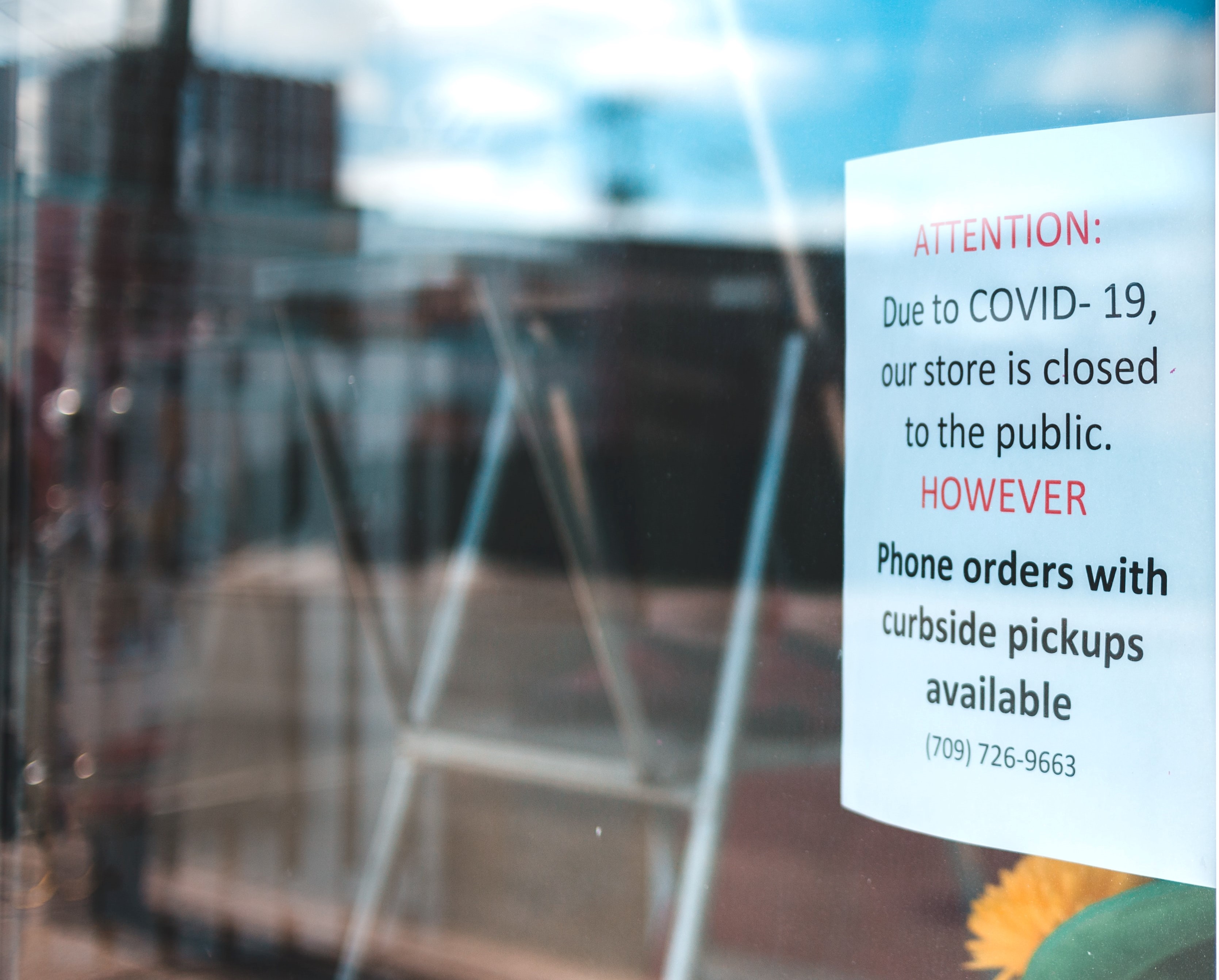International Risk Confidence
Where should my company start when considering international risk
Chief Risk Officers have a huge job. In order to achieve an ideal operating state, we need to accept and understand the dramatic changes, challenges and enormous opportunities we all face. All business leaders will be best placed to think like a start-up company: imagining an ideal state, an ideal produce or service, and then considering how to achieve that; what path the company should take; and what the potential risks are along that path. Risk owners need to systematically identify, review, and anticipate risks along their operational path. Risk owners also need to ensure monitoring and mitigation of risk until residual risk is at a level that is acceptable to the organisation. We need to forget about sunk costs and accept risk as an investment in opportunity. Constantly assessing risk, talking to our employees, and mitigating risk in order to achieve our goals will be essential.

When accounting for future shocks and risks, we need to weigh risk and uncertainty carefully in order to have a reasonable level of accuracy with our predictions and operational plans. The first step is information collection in order to understand the environment. The Covid pandemic was a known international risk that should not have been the huge surprise that it was. When assessing the likelihood and consequence of a global threat is not possible, it is not risk, but uncertainty. A distinction between an international risk that can be explained with outcomes and probabilities, and an uncertainty that is not definable, is needed. With uncertainty, we need to apply scenario analysis, to dream and go through the cognitive process of imagining possible futures and developing mitigation plans, decision triggers, and monitoring frameworks to help turn your uncertainty into a reasonable level of confidence. Even if you do not achieve confidence in what the future holds, you will at least have to achieve an improved level of confidence in your ability to monitor and respond to likely evolutions. Companies will need reinvention, not simply incremental changes to manage the risk environment we now face. The 2008 financial crisis pales in significance to the events we face today including the Covid pandemic, supply chain disruptions, social unrest, and economic downturns.
Self reflection, hard questioning, and developing refined methods of improved communication inside our companies and out is needed. Successful companies will need humble leaders that can listen and change in order to achieve the company’s objectives.
Covid and the international risk landscape
Executive leaders, Chief Risk Officers, and managers need to be considering the corporate response to international risk, as well as the broader environment. Many people feel the pain of limited, confusing, or inconsistent government responses to the Covid pandemic and associated risks, and thus, it is even more important that employers are stepping up and meeting the leadership call from their employees. Company responses to Covid and other international risks matter, and how employers demonstrate their commitment to staff safety is very important. A simple measure has been how readily companies have supported their employees to work remotely and attending office and client meetings online and virtually. Covid brings many challenges, but this is a great opportunity for leaders. This is the moment to accelerate planned strategy changes, as well as the occasion to assess entering new markets and services. The circumstances presented by new technology, systems, diminished competition in some areas presents a favourable environment for bold and risk-informed companies.
Managers should be focussing on constant training, retention, and using this opportunity to attract the best talent. Chief Risk Officers will be leading the way to ensure companies are complying with public health requirements and making sure that employees feel safe. Workplace safety for customers and employees will need to be considered and communicated.
Business resilience will be impacted from many directions and ensuring multi-directional communication between employees and management, between clients and the company, and partners and supply chain inputs will be critical. The business impacts of Covid are massive and continual engagement in multiple areas will be required to adequately manage a variety of international risk.

Companies will need to find the balance between company needs, client desires, and employees’ safety. The fundamental methods we use to manage employees will need to change, which brings managers opportunities and risk. Becoming more outcome-based on our style of measuring performance will be an important focus for managers and employees that want to be successful. Rapid and consistent training will be needed for managers and staff to undergo this necessary transformation. Listening to customers and employees can be enabled by new technology, but this will require leadership and genuine commitment to innovation. When face to face communication is needed, office spaces will need to be refitted and refurbished in order to manage the public health risks within the workplace.
Read more about Covid risk here
Supply chains and logistics risks
Even pre-Covid, supply chains were evolving and the pandemic has speed up some of these changes further. As labour costs have changed, the preference for outsourcing and insourcing has shifted in many companies. Similarly, there are lessons in operational resilience through our multisourcing, partner, and third party strategies. The importance of using technology to mitigate some of the risks of international supply chains will support supply chain scrutiny and due diligence. Companies will also need to review their suppliers’ supply chains to ensure complete resilience and supply chain due diligence. This will add to costs, and be balanced with the benefits of improved operational resilience.

Racial injustice, diversity, and equity
The risk of not addressing current trends, external events, and internal diversity far outweigh the perceived comfort of not getting involved in the social discussion around racial injustice and human rights. Employee engagement and leadership introspection should be supported by training programs that address the important social discussions occurring inside and outside our companies. Action will matter. Leadership lifestyle and how company leaders think and communicate matters, particularly when leaders talk about revenue, talent, innovation, marketing, finance, and promotion with the backdrop of racial injustice and inequality. Some organisations will need to redesign their structures, their performance processes, and promotion decisions. There are risk of not having balanced input to their diversity, recruitment, promotion, and compensation policies and practices. Companies can go a long way to mitigating the real risks of racial injustice by supporting social action, education, and graduate programs.
Geopolitical risks
Country risk assessments are one of the earliest forms of risk assessment. Country risk has evolved from understanding a government’s capacity to meet it’s national and international obligations, as well as the stability of state institutions, towards understanding increasing nationalism, civil unrest, international and domestic terrorism, as well as public health policies, employment security, and social contracts. These risks all impact company operations, staff security, and our global supply chains.
Stability in developed countries can no longer be taken for granted. The risks can be mitigated if considered properly. These risks are solvable through continuous assessment and monitoring, as well as identifying triggers for change and reviewing decisions and mitigation plans early.
Flexibility and adaptability remain key traits for successful leaders. The top 100 companies to proper during Covid include tech firms, pharma, and telecom companies. But even these companies still had to pivot and learn during Covid. Even companies like Amazon had to undergo massive changes very quickly at the start of the pandemic. There were costs, and mistakes were made, but employees and customers did influence management decisions when management listened, and these companies on the whole successfully managed a tricky risk environment in 2020.
Join us at The International Risk Podcast to hear how our amazing guests have identified and mitigated risk around the world.






